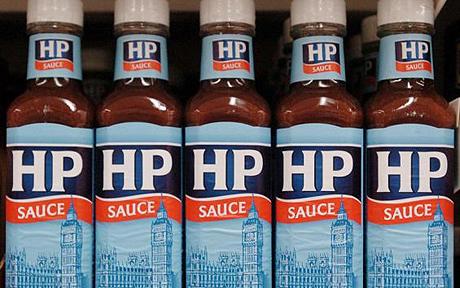 HPE is planning to tell 1,000 Enterprise Services staff to clean out their desks and pick up their P45s in the UK.
HPE is planning to tell 1,000 Enterprise Services staff to clean out their desks and pick up their P45s in the UK.
Most of the cuts are in the Infrastructure Technology Outsourcing (ITO) department where 780 people are at risk.
Staff in the UK were sent an “internal use only” memo on Friday afternoon revealing that hundreds of them could be out of work by the end of April. Of course if you send an email like that out someone is certain to leak it.
This is the second jobs warning at HPE. In January. HP told 166 ITO employees in England that they would be fired. Those at-risk workers are based in HP Enterprise’s Lytham site in Lancashire, and they provide infrastructure services for public-sector clients, including the UK government’s Department for Work & Pensions.
Today’s email to ITO staff is headlined “management update” and was written by Maurice Mattholie, ITO VP in UK and Ireland. It reads:
“I am writing to inform you of the Company’s proposal to implement a Workforce Management (WFM) programme in Q2 FY16. As announced by Meg, Hewlett Packard Enterprise needs to create a more efficient and accountable organisation to ensure a healthy long term sustainable business, with a market competitive cost structure, that will help the company transition to the new style of business.
It is important to point out that we are fully committed to continuing to use redeployment and voluntary exits to manage WFM in the UK and Ireland. It is expected that up to 780 positions within ITO will be impacted through WFM in Q2.
Whilst I appreciate that this announcement may cause concern I am committed to providing regular updates to ensure that everyone is kept informed. Thank you for your continued professionalism at this time of uncertainty.
This comes as HP Enterprise prepares to relocate all ITO roles in the UK to its offices in Cobalt, Newcastle, and Erskine in Glasgow. HPE, which employs about 240,000 people globally, has vowed to axe up to 30,000 workers worldwide over the next couple of years.”
Another memo sent today to HPE UK staff, Jacqui Ferguson, senior VP for HP Enterprise Services in UK and Ireland, said that:
“In the UK, part of our strategy for Enterprise Services is to move more delivery services to both our Regional Delivery Centres (RDCs) in Erskine and Newcastle and to our Global Delivery Centres (GDCs). In aligning to this strategy in the UK, we have started consultation on our plan for the reduction of additional roles during Q2, with the UK trade unions and HPE employee representatives in the Enterprise Services Business Units.
We’d like to assure you that we remain committed to supporting the employability of our employees through a number of internal initiatives, including reskilling, redeployment and support to obtain alternative employment, as appropriate.”
Needless to say that morale at HPE is gutted and the fact that the company is doing well now that it has off-loaded its profit sapping PC side means that few could understand why it is happening.
 HP has budgeted £2.5 million to spruce up its UK and Irish channel this quarter.
HP has budgeted £2.5 million to spruce up its UK and Irish channel this quarter.


















